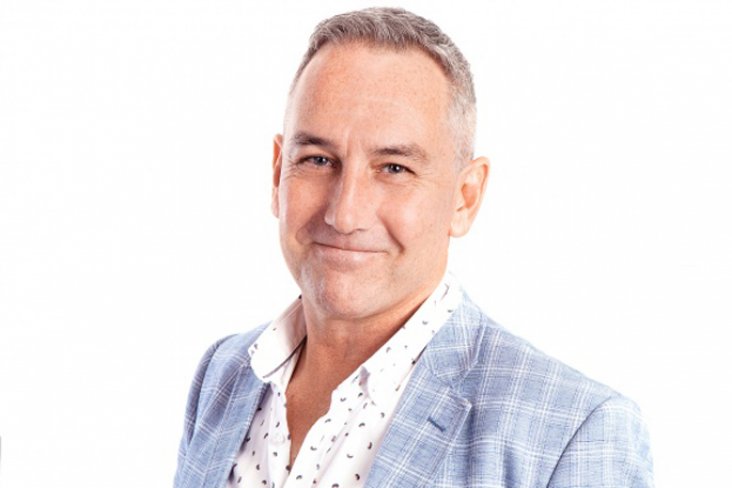Aotearoa’s suicide rate dropped during the pandemic, but Māori are still disproportionally affected
October 27, 2022
Interview by Joe Wickins, adapted by David Liwei Shi
Content warning: this story mentions suicide.
Mental Health Foundation Chief Executive Shaun Robinson (pictured) says social connections, exercising, and being out in nature was important in preventing suicide during Covid-19. Photo: Mental Health Foundation.
Aotearoa’s suicide rate has dropped for a third consecutive year, according to recently released figures.
538 people died by suicide in the 12 months leading up to 30 June 2022, compared to 607 the year before and 628 in 2019/20.
Mental Health Foundation Chief Executive Shaun Robinson told 95bFM's The Wire, that while numbers are dropping, the 538 deaths are “tragedies for whanau, friends, workplaces, and schools.”
Per 100,000, the provisional suicide rate was 10.2 this year, lower than the average rate over the last 13 years.
But Māori is still disproportionally affected by suicide, with a provisional rate of 15.9 per 100,000.
However, Robinson said he is optimistic that Māori suicide rates will continue to drop. Previously, Māori suicide rates sat at 21% and decreased to 17.6% per 100,000 in 2020/21.
For Māori, Robinson said “a sense of cultural identity and connection to whānau” has had positive effects on suicide prevention, especially during the Covid-19 pandemic.
“Keeping social contacts, exercising and being out in nature was important in preventing suicide among both Māori and the general population.”
“Sometimes it's the simple things that make a difference," Robinson says.
The chief executive is calling on politicians to address the underlying causes of suicide, including inequality, poverty, and housing, “instead of waiting for people to become seriously distressed.”
Robinson strongly encouraged people to check in with their friends and whānau, regardless of their mental health status.
Public interest journalism funded through NZ On Air

 95bFM
95bFM 

